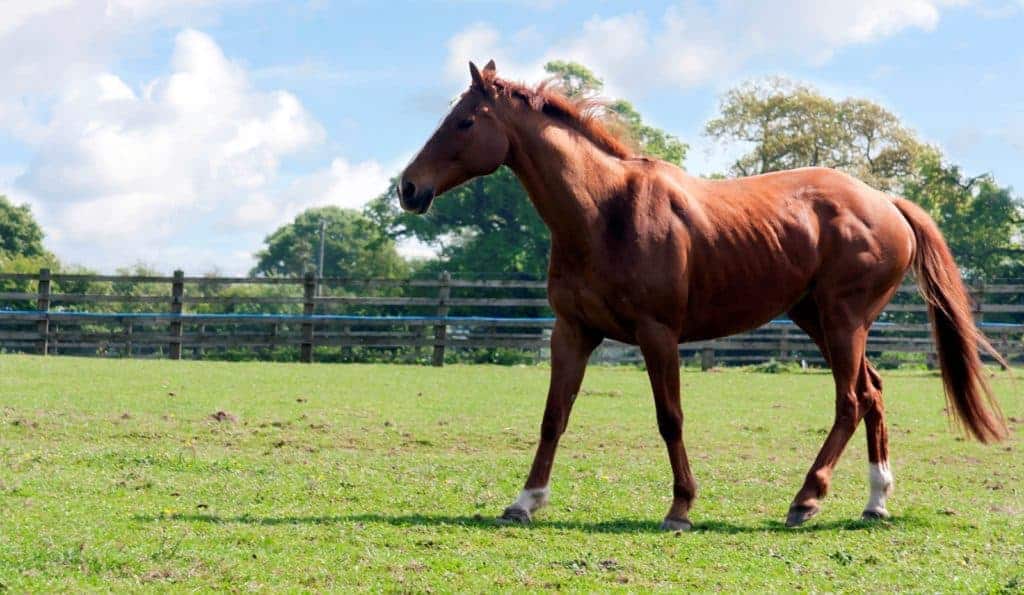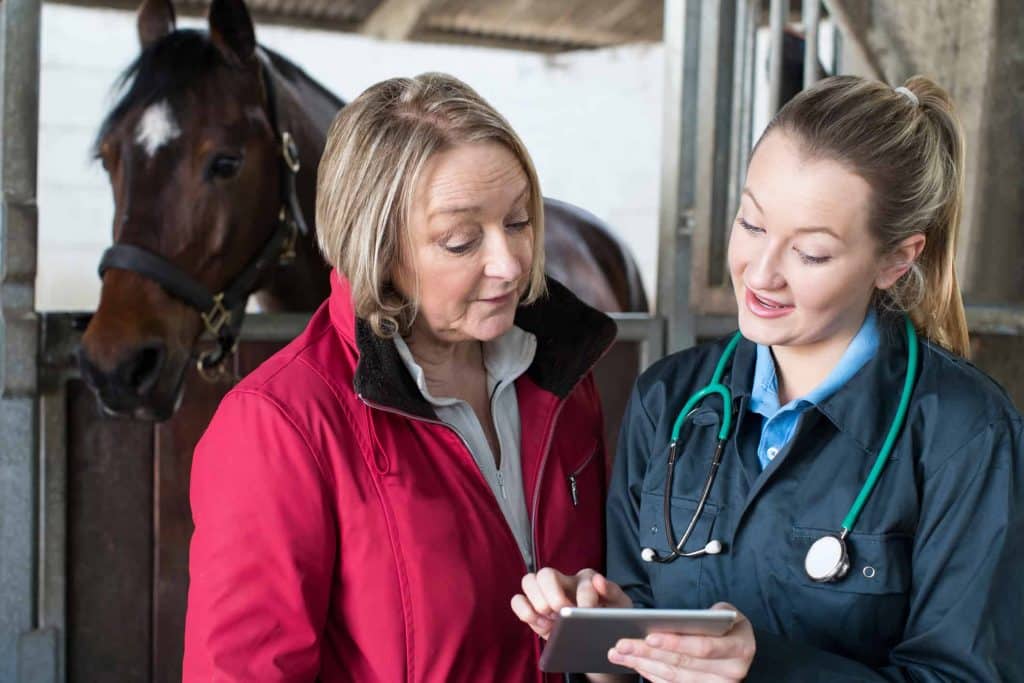
Lessons From a Horse Show Disease Outbreak
Discover how one horse show venue handled a disease outbreak and improved its biosecurity practices to prevent one in the future.

Discover how one horse show venue handled a disease outbreak and improved its biosecurity practices to prevent one in the future.

Learning to read a horse’s facial expressions and postures at rest and under saddle can help you become more sensitive to detecting pain in horses.

Two biosecurity experts share the best ways you can protect your horse from disease, whether you plan to travel with him or he never leaves the farm.

Equine osteoarthritis often develops subtly and is a common result of aging. Learn how a horse’s joints inevitably wear with age and how to keep him comfortable.

Maintain an exercise regimen, address your horse’s weight, and explore medication options to help keep your senior horse sound. 3 Penn Vet experts explain why.

An inside look at the 2018 EHV-1 outbreak that impacted hundreds of horses at a California show and how to control the disease.

Use this list of annual preventive care exams to help you keep your veterinary documents organized and up to date.

What causes fevers in horses? When is a fever considered dangerous? Equine veterinarians weigh in.

Learn how young horses’ bodies adapt to exercise and how to prepare them for successful careers.

Horses evolved to eat frequent, small roughage meals throughout the day, so why do we only feed them twice? Read more in The Horse‘s 2024 Preventive Care issue.

Recent study results show this treatment for osteoarthritis might benefit horses in both the short and long term.

Foal rejection can jeopardize the foal’s health—and even life—due to failure of passive transfer of immunity or severe injury.

Discover what could cause mares to lose a pregnancy and how veterinarians might treat it.

Water is one of the essential nutrients a horse’s body needs to carry out various vital functions. Here’s what to remember about supplying your horse with water.

Learn about 5 complications veterinarians might encounter toward the end of a mare’s gestation.

Infectious diseases such as equine herpesvirus can be spread via exposed horses and on equipment. Here are the best ways to avoid this and keep your horses healthy.
Stay on top of the most recent Horse Health news with
"*" indicates required fields